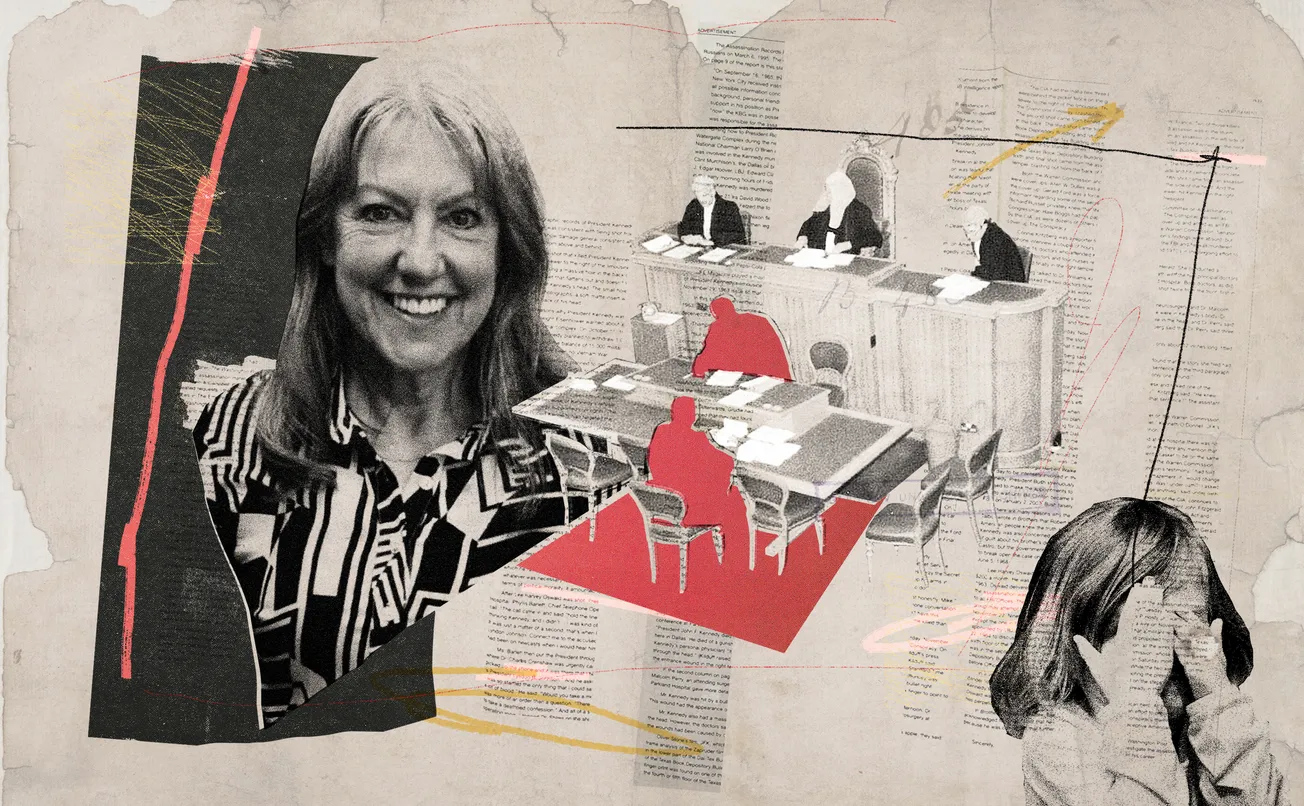
The fascinating concept of belief superiority suggests that people who view their opinions as superior to others are likely to overrate their knowledge while missing chances for further education. This effect of belief superiority indicates not just a feeling of being correct, but an additional belief that others must be fundamentally incorrect. This hubris in belief aligns with, yet expands upon, the well-known Dunning-Kruger effect, which emphasizes how a lack of comprehension can lead to excessive confidence. In the context of belief superiority, it is not solely ignorance that breeds overconfidence, but a specific conviction regarding the incorrectness of others’ beliefs.
The Research Digest article investigates the study conducted by Michael Hall and Kaitlin Raimi, published in the Journal of Experimental Social Psychology. This research examines whether individuals who assert their opinions are superior genuinely have a higher level of knowledge about the topics they are passionate about. Hall and Raimi executed a sequence of experiments to measure the knowledge levels of those demonstrating belief superiority. Their results offer deeper psychological insights into the connection between self-assessed opinion superiority and actual knowledge.
Hall and Raimi’s study indicates that belief superiority does not necessarily align with accurate knowledge. On the contrary, individuals with belief superiority often overestimate their grasp of various subjects. This misjudgment can hinder them from pursuing further information or rectifying their misunderstandings, thus reinforcing their existing beliefs and restricting personal development. The research highlights the significance of staying receptive to new information and adopting a more modest stance when assessing one’s opinions in relation to others.
This study reflects wider social and psychological consequences in a world rich with diverse viewpoints. Promoting a mindset of continuous learning and an openness to varied opinions may help counteract the cognitive biases tied to belief superiority. As we navigate increasingly intricate and information-dense settings, comprehending these dynamics becomes vital for personal growth and encouraging more informed, respectful discussions across differing perspectives.